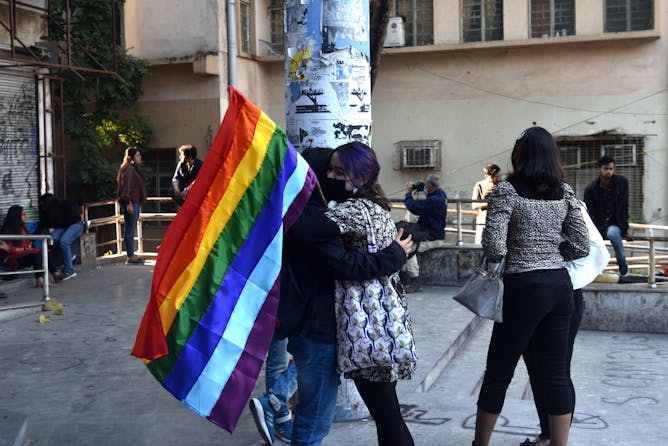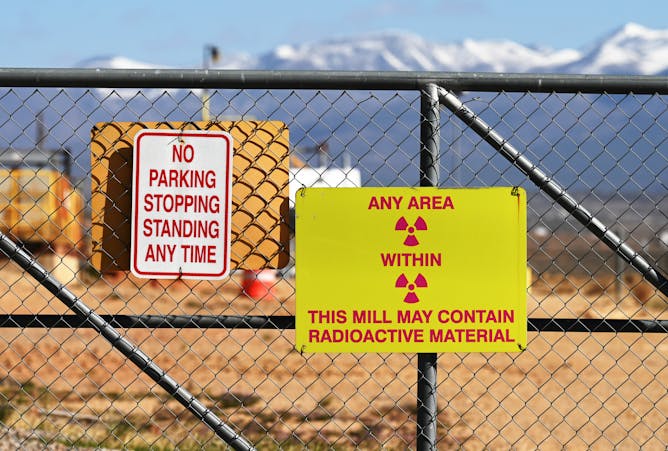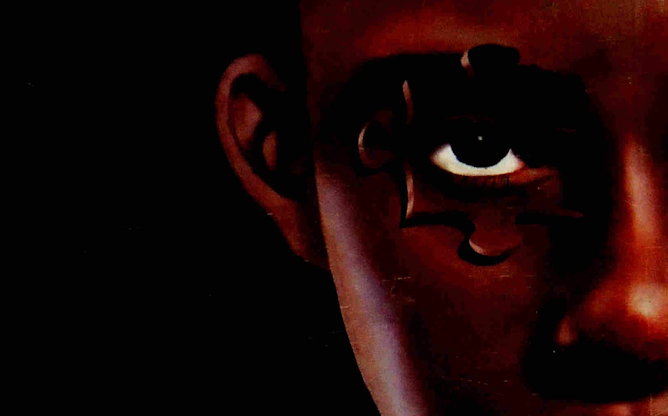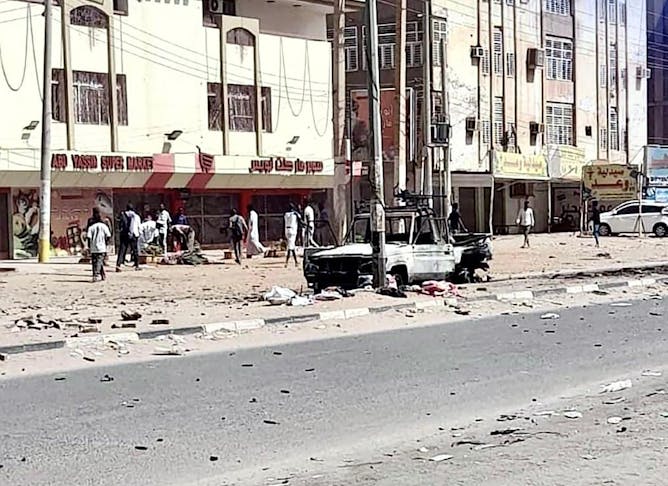|
Long and frequent power cuts disrupt all parts of life, including what happens in our fridges. South Africans are currently caught up in a particularly severe set of outages. Temperature fluctuations can create the right environment for tiny organisms to flourish in our food products, potentially making us sick. Microbiologist Lise Korsten offers some tips on what we can do to avoid getting sick when the power is cut.
Conversion practices, also called reparative therapies, are widely used across the African continent to forcibly change the sexual orientation, gender identity or expression of LGBTIQ+ people. They can include talk therapy, healing prayers and even beatings. Most recently, Ugandan lawmakers proposed to include these “rehabilitation” practices in the 2023 Anti-Homosexuality Bill. Suntosh R Pillay warns of their dangers.
|

Lise Korsten, University of Pretoria
The era of stocking pantries and keeping our fridges and freezers full is over.
|

Suntosh R Pillay, University of KwaZulu-Natal
The proposed law reinforces unscientific conversion practices – or so-called reparative therapies – that don’t work.
|

Olamide Samuel, University of Leicester
Libya’s lost but found yellowcake poses no significant security risk but highlights the need for African countries to get their acts together in the area of nuclear safety and security governance.
|

Puleng Segalo, University of South Africa; Theresah Patrine Ennin, University of Cape Coast
A psychologist and a literary scholar analyse Faceless, a powerful novel about homeless children - and their mothers.
|

Kristian Gustafson, Brunel University London; Dan Lomas, Brunel University London; Neveen S Abdalla, Brunel University London; Steven Wagner, Brunel University London
The role of the Wagner Group in the Sudan crisis is not yet clear, but its mercenaries are reported to be involved in a number of African countries.
|
From our international editions
|
-
Thuy-vy Nguyen, Durham University
Solitude is chosen, not thrust upon you.
-
Sally King, King's College London
Sex-based policies can lead to backlash and further discrimination in the workplace.
-
Kanstantsin Dzehtsiarou, University of Liverpool
The European court has ruled that interim measures are legally binding under international law.
-
Anders Sandberg, University of Oxford
We can now store information outside of our brains, and use computers to retrieve it. That ought to make learning and remembering easy, right?
|
|